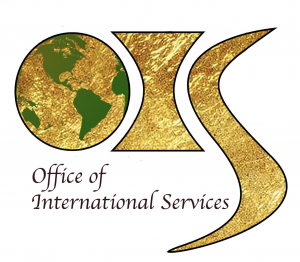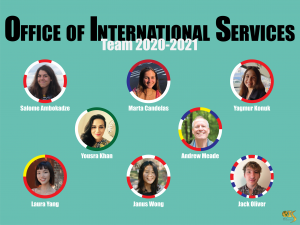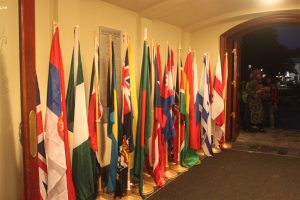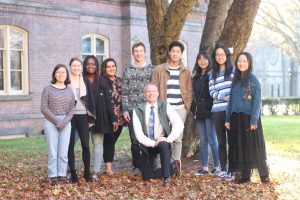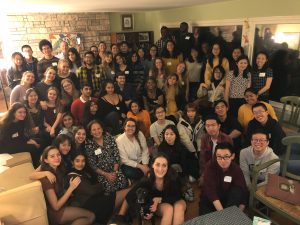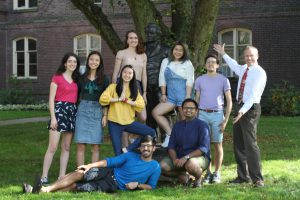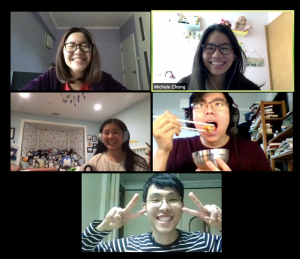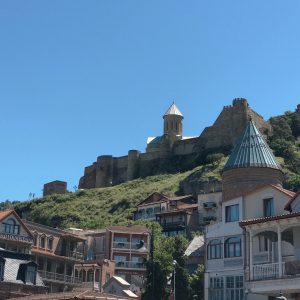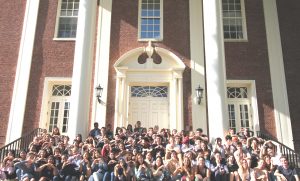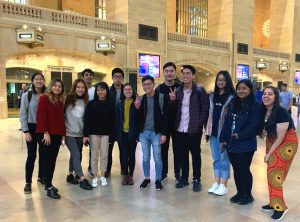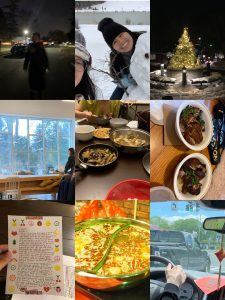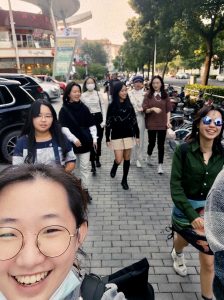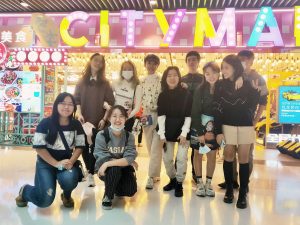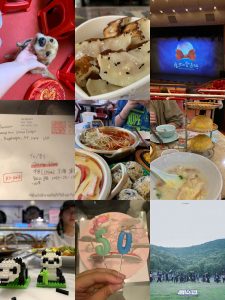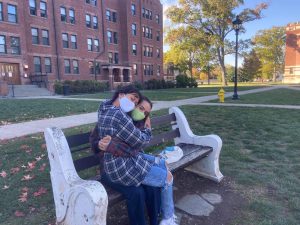When I first enrolled at Vassar in 2014, I wanted to be American, and to a large extent believed that I already was. The United States has the largest degree of diversity on Earth, and for me at the time, this meant that my American birth certificate and passport meant that I was just as American as those living on the mainland. Although I had spent the last thirteen years of my short life in Singapore, my parents and my American passport made it clear to me that my adult life was to be in the United States. So upon arriving in the US for the first time since I was five years old, my priorities lay in integrating myself as best as I could with the largely-American Vassar community that awaited me. At the time, I was convinced that I was much more American than I was Singaporean. I believed that if I emphasized this part of me, I would find it easier to connect with others. To name a few reasons that made me believe that I was American, my upbringing in an international school meant that I had an American accent rather than a Singaporean one, the TV shows and music I consumed were all from Hollywood, and on social media many of the jokes, memes and ways of speech known by me were also known by the Americans I connected with. My identity as someone from Singapore with Filipino ethnicity, in my mind at least, was pushed to the side.
However, as time went on this started to change. After taking many courses on identity and culture in fields such as Anthropology, Philosophy, and History, and after I grew more comfortable in Vassar with a good set of friends, I began to reflect more on who I really was. Slowly but surely, I started to realize that there were many aspects of who I was that were indeed very un-American. From the most trivial differences in behavior to profound differences in underlying philosophies on the world, I started to understand that in many ways, I was not your average American. For the first time in my life, I started to realize that I was Singaporean as well. Sure, my citizenship may say otherwise, but for me, I am proud of the aspects of myself that are Singaporean and Filipino. Whereas before I thought that these un-American aspects of my identity would hinder my ability to make friends in the States, I have come to learn that these aspects of myself should be celebrated, not ignored. This is because they are an essential part of me, and if I want to be comfortable with those I connect with, I should present the entirety of my identity, which is linked to the countries I’ve grown up in.
Vassar’s Office of International Services helped me realize this. Through constant events and social programming, the international presence on campus was warm and strong. It was a reminder of the world I left behind.
(A picture of myself and other members of Vassar’s international community)
